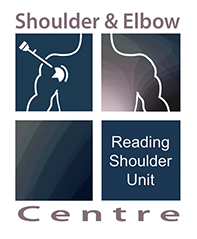Radiofrequency capsular shrinkage for voluntary shoulder instability
We report a prospective study of 13 consecutive shoulders treated exclusively with radiofrequency cap- sular shrinkage for voluntary instability. Before surgery, voluntary instability had ceased in all patients with physiotherapy, but involuntary shoulder instability con- tinued. The mean follow-up was 45 months (range, 32-57 months). According to the system of Rowe et al, the results were excellent in 3 shoulders (23.1%), fair in 1 (7.7%), and poor in 9 (69.2%). All 4 shoulders that had previous stabilization surgery had a recur- rence of instability. Of the 6 shoulders with fair and poor Rowe ratings that had no previous stabilization surgery, 4 had a repeat capsular shrinkage. Two of these four shoulders had an excellent Rowe rating at final review. Overall, 5 of 9 patients (55.6%) with no previous surgery achieved stability by radiofrequency stabilization. In conclusion, results of radiofrequency capsular shrinkage in voluntary shoulder instability are poor. Results are improved with repeat capsular shrink- age. Radiofrequency capsular shrinkage is not recom- mended for patients who have had previous stabiliza- tion surgery.
